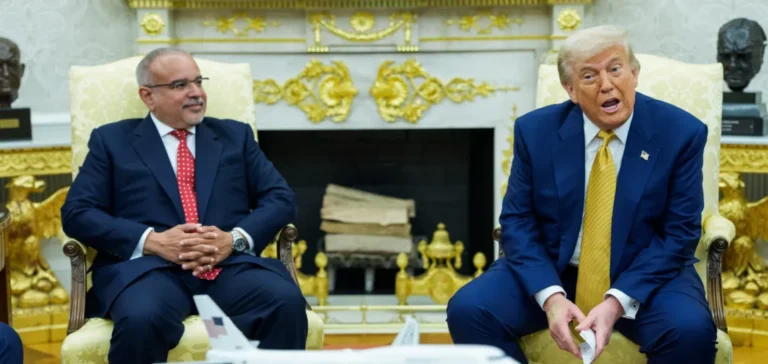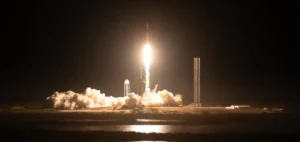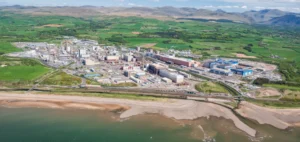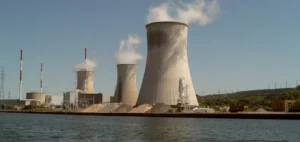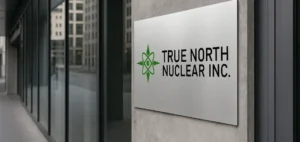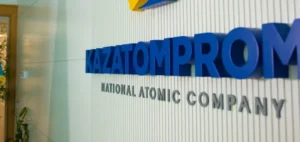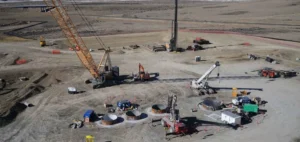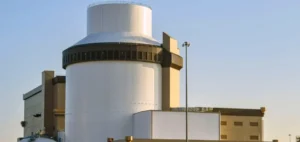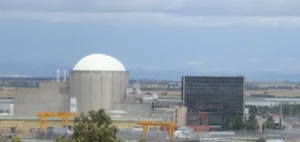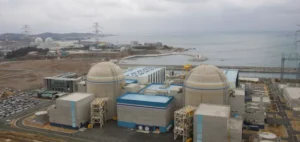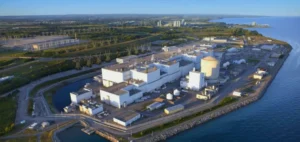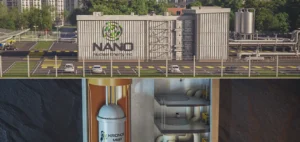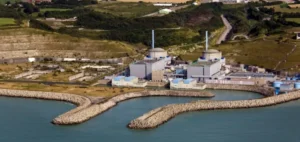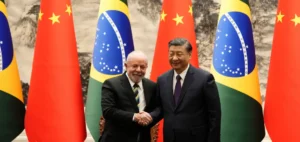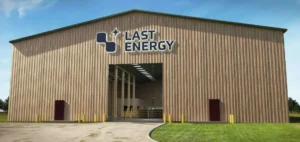The Kingdom of Bahrain and the United States signed a civil nuclear cooperation agreement during a ceremony attended by US Secretary of State Marco Rubio and Bahraini Minister of Foreign Affairs Abdellatif ben Rachid Al-Zayani. This signing comes as both countries show a clear intention to deepen their partnership in the energy sector, amid close diplomatic relations and regional challenges linked to security and economic issues.
Bahrain’s public investment in the US
During his visit to the White House, the Crown Prince of Bahrain, Salman bin Hamad Al-Khalifa, announced a public investment commitment totalling $17bn (USD17bn) in the United States. He stated to the press, “This is real. This is real money. These are not fake contracts,” highlighting the tangible nature of these financial commitments. Details of the sectors targeted by these investments were not disclosed, but they reflect a strategy of economic diversification for the kingdom and support for major projects across the Atlantic.
Strategic partnership in civil nuclear
The cooperation agreement signed in Washington was described as “important” by Marco Rubio, who indicated that it was a “first step towards deeper civil nuclear cooperation.” The United States aims to establish itself as a preferred partner for countries wishing to develop a strictly peaceful civil nuclear programme in line with international standards. The agreement comes at a time of ongoing regional tensions, notably with Iran, though no direct reference to this country was made during the ceremony.
Bahrain hosts the headquarters of the United States Fifth Fleet and plays a leading role in the US regional security strategy. This rapprochement in the field of civil nuclear energy further consolidates bilateral ties and underlines the importance both parties attach to stability and economic development.
Regional dimension and economic cooperation
The strengthening of energy cooperation between Bahrain and the United States also falls within the framework of the Abraham Accords, which established diplomatic relations between Bahrain and Israel. This regional opening strategy, supported by the announced public investments, aims to secure the kingdom’s economic stability and consolidate its position in the international energy landscape. The Crown Prince noted that negotiations remain open regarding Iran’s nuclear programme, but that the initiative now lies with Iran.
The public investment dynamic announced during this visit confirms Bahrain’s willingness to rely on institutional partnerships to strengthen its positions in the energy sector and beyond.


